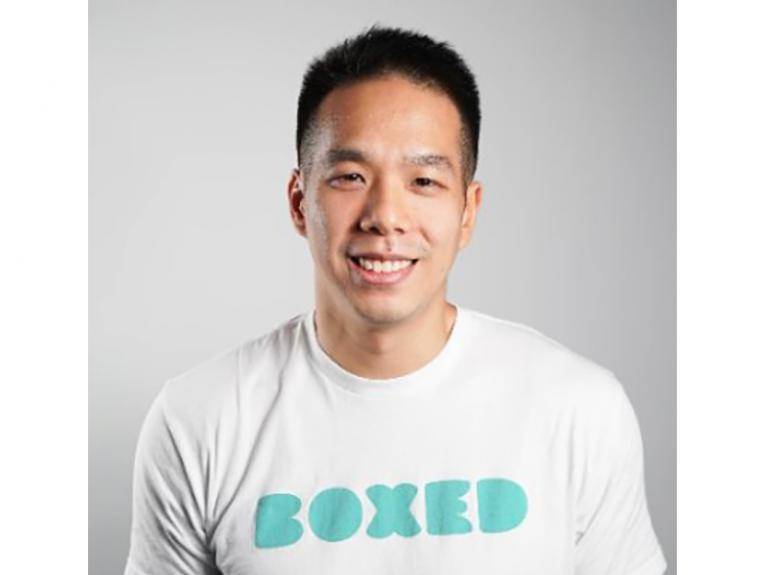Q&A: Boxed co-founder talks about machine learning
Driven by the need “to solve problems for its shoppers,” Boxed is about to make it easier than ever for customers to reorder merchandise — without even having to think about it.
Launched in 2013, Boxed sells everyday essentials online — in bulk form only and at a discount. The e-retailer carries some 1,500 SKUs across such categories as beauty, grocery, household, and more. With warehouses in Union (New Jersey), Dallas, Las Vegas, and Atlanta, Boxed fulfills and ships orders to customers’ doorsteps within two days or less. And unlike the warehouse club retailers it has been compared to, Boxed does not require a membership fee. And most of its orders qualify for free shipping.
The model is paying off: The company has surpassed $100 million in sales. To keep revenues growing — and keep on top of customers' needs — Boxed is now launching new machine learning-based tools that automatically replenish goods before customers run out.
Boxed’s co-founder and CTO William Fong shared his thoughts about the initiative — and expectations — with Chain Store Age.
CSA: How can machine learning benefit the retail industry?
WF: We think machine learning is a way to solve problems. It can help retailers understand customer behavior and shopping patterns at a deeper level, and then help them make more accurate recommendations based on clicking patterns. We took this to the next level, and used machine learning to drive a new level of personalization for our shoppers.
CSA: How did you make this decision?
WF: We were trying to think of solutions that would help us in the long-term. We tried to imagine how our customers might want to engage with Boxed five or 10 years from now. The more we thought about it, we said, “what if the best solution supported a way for shoppers not to engage with us at all?”
We thought along the lines of how we engage with utilities. Other than reporting an outage or paying a bill, those customer relationships are autonomous. This lead us to use machine learning to put the ordering process on auto-pilot. The end goal was to create a solution that enables customers to automatically replenish their most-used merchandise — snacks, paper goods, etc. — before the run out.
CSA: Tell us more about your specific solution?
WF: The solution we created is called Smart Stock Up, and it will be available to shoppers on Friday, August 4. While we are not quite at the automated replenishment level, Smart Stock Up is a good first step. We use machine learning to understand shoppers’ most used items — and when they will run out — and push out an email that reveals the merchandise that we think they are running low on.
On average, the list will contain 10 items, giving them a good jump start to building their basket. If they agree, customers click on a link that directs them to our site. Here, they can add the merchandise to their cart, and either continue shopping or proceed directly to checkout.
CSA: Are you offering something similar for business customers?
WF: We are piloting a second service among select business partners, called Concierge. It differs from Smart Stock Up in a couple of ways, including that it is an opt-in program, and is fully automated. It is also a two-pronged approach that focuses on replenishment and discovery.
Using machine learning, we find the merchandise they purchase most often, and the items we think these clients might like, such as snacks like chips or popcorn. When we ship packages of their restocked merchandise, we also add a full-sized “discovery” product for them to try.
So far, only a few customers are participating, but we are gradually expanding the test to more companies. So far, we haven’t gotten any returns on the discovery merchandise we have shipped out. If we got wrong however, they simply return it to us. We close the loop with a survey to get feedback and data to improve experience.
We hope to roll out Concierge to our full business customer base in 2018.
CSA: Is this your first foray into machine learning?
WF: Machine learning is all over place at Boxed because we use it to achieve our goal of “problem solving.” While these two new services customer facing, we also use it on our back end.
For example, we use it to forecast our inventory levels and needs in our warehouse. It also powers robotics in our distribution network. Specifically, our automated vehicles that pick merchandise use prompts from our computer system, and results are based on machine learning output.


